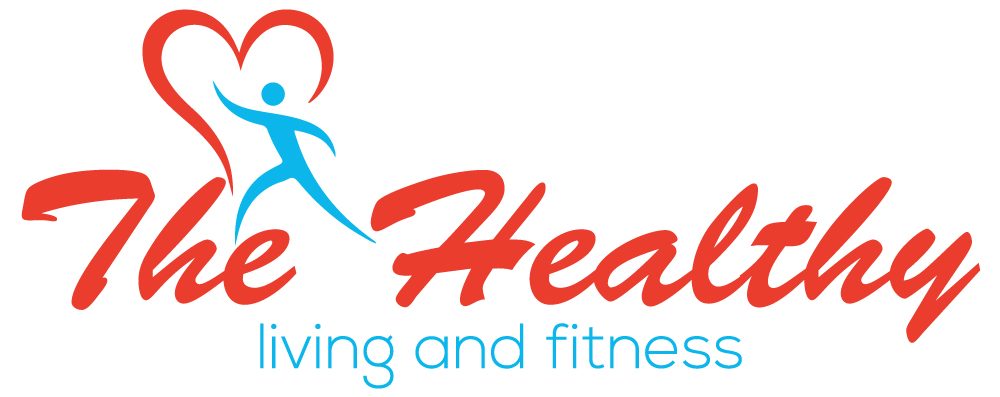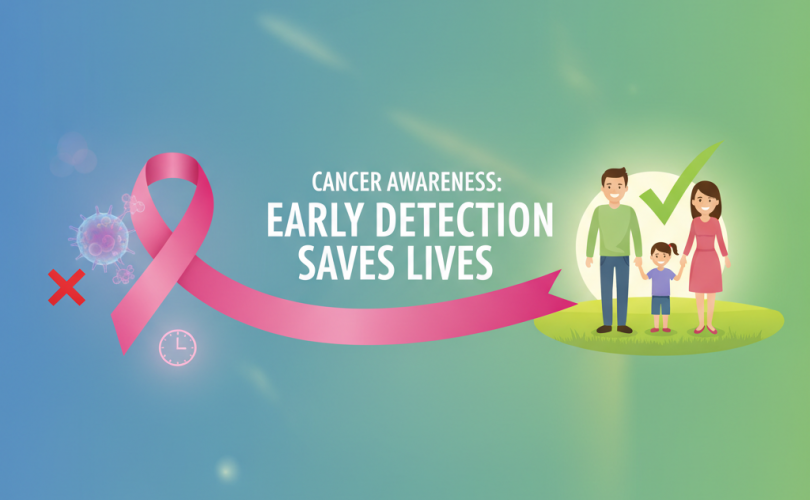The Power of Early Recognition
Cancer awareness isn’t just about wearing ribbons or attending fundraisers—it’s about understanding your body and knowing when something’s not quite right. Early detection remains one of our most powerful weapons in the fight against cancer, often making the difference between a treatable condition and a life-threatening diagnosis.
When cancer is caught early, treatment options are usually more effective, less invasive, and offer much better outcomes. That’s why recognising the warning signs and taking them seriously can literally save your life, or the life of someone you care about.
Universal Warning Signs: What Your Body Might Be Telling You
Unexplained Weight Loss
Losing 10 pounds or more without trying might seem like a pleasant surprise, but unexplained weight loss can be one of the first signs of cancer. This is particularly common with cancers of the pancreas, stomach, oesophagus or lung, though it can happen with any type of cancer.
Persistent Fatigue
We all get knackered, but cancer-related fatigue is different. It’s a profound exhaustion that doesn’t improve with rest and gets in the way of daily activities. This type of fatigue often happens as cancer uses your body’s energy or as your immune system works overtime.
Fever and Night Sweats
While fever usually indicates infection, persistent or recurring fever without an obvious cause can signal blood cancers like leukaemia or lymphoma. Night sweats that soak your clothes or sheets should also prompt a medical evaluation.
Changes in Bowel or Bladder Habits
Persistent constipation, diarrhoea or changes in stool size could indicate colorectal cancer. Similarly, pain during urination, blood in urine or changes in bladder function might signal bladder or prostate cancer.
Unusual Bleeding or Discharge
Any unusual bleeding warrants attention. This includes blood in urine or stool, unusual vaginal bleeding, bloody discharge from the nipple or coughing up blood. These symptoms can indicate various cancers depending on their location.
Skin Changes: Your First Line of Defense
Your skin is your body’s largest organ and often shows the first signs of trouble. The ABCDE rule for moles is crucial to remember:
- Asymmetry: One half doesn’t match the other
- Border: Edges are irregular, ragged or blurred
- Colour: Multiple colours or unusual colouring
- Diameter: Larger than a pencil eraser
- Evolving: Any change in size, shape, colour or texture
Additionally, watch for new growths, sores that don’t heal, or changes in existing moles or freckles.
Lumps and Bumps: When to Worry
Not all lumps are cancerous, but any new, persistent or changing lump should be evaluated by a healthcare professional. This is especially important for:
- Breast lumps or changes in breast tissue
- Swollen lymph nodes that don’t go down after a few weeks
- Lumps in the neck, armpit or groin
- Any new growth or thickening of tissue
Women should perform regular breast self-exams and report any changes immediately. Men should also be aware that breast cancer, though rare, can occur in males.
Persistent Pain and Discomfort
While pain is often a late symptom of cancer, it can sometimes be an early warning sign. Persistent headaches, bone pain, chest pain, or abdominal pain that doesn’t resolve with typical treatments should be investigated, especially if accompanied by other symptoms.
Changes in Eating and Digestion
Difficulty swallowing, persistent indigestion, loss of appetite, or feeling full after small meals can indicate cancers of the digestive system. These symptoms are often dismissed as stress-related or age-related, but persistent digestive issues deserve medical attention.
Respiratory Symptoms
A cough that persists for more than a few weeks, especially if accompanied by blood, hoarseness that doesn’t resolve or shortness of breath should prompt medical evaluation. These can be early signs of lung cancer or other respiratory cancers.
When to Consider Private Healthcare
Whilst the NHS provides excellent cancer care, there are times when seeking a private consultation might be worth considering:
- If you’re experiencing persistent symptoms but facing long NHS waiting times, a private GP can often see you within days rather than weeks. Early peace of mind — or early diagnosis — can be invaluable.
- When you need a second opinion or want more time to discuss your concerns. Private consultations typically allow longer appointment slots, giving you space to thoroughly discuss your symptoms and family history.
- For faster access to specialist scans or tests. If you’re particularly worried about symptoms or have a strong family history of cancer, private healthcare can sometimes fast-track diagnostic tests.
Remember, you can always return to NHS care for treatment once you have a diagnosis. Many people find that using private healthcare for initial assessment, and then switching back to the NHS for ongoing care, works well financially whilst ensuring prompt attention to worrying symptoms.
Taking Action: What to Do If You Notice Warning Signs
If you experience any of these symptoms, don’t panic, but don’t ignore them either. Loads of conditions can cause these symptoms, and most aren’t cancer. However, the key thing is persistence—symptoms that last more than a few weeks or get progressively worse should be checked out.
Book an appointment with your GP and be ready to:
- Describe your symptoms in detail
- Note when they started and how they’ve changed
- Mention any family history of cancer
- List any medications you’re taking
- Be honest about your lifestyle
The Importance of Regular Screenings
While being aware of symptoms is crucial, many cancers develop without obvious early warning signs. This is why regular cancer screenings are so important:
- Mammograms for breast cancer detection
- Colonoscopies for colorectal cancer screening
- Pap smears for cervical cancer prevention
- Skin checks with a dermatologist
- Prostate screenings for men over 50
Risk Factors to Consider
Certain factors increase cancer risk, making vigilance even more important:
- Family history of cancer
- Smoking or tobacco use
- Excessive alcohol consumption
- Obesity
- Prolonged sun exposure
- Exposure to certain chemicals or radiation
- Certain infections (HPV, hepatitis, etc.)
Creating a Culture of Awareness
Cancer awareness extends beyond individual vigilance. We need to normalize conversations about cancer symptoms, encourage regular check-ups and support loved ones in seeking medical attention when something seems wrong.
Share this information with friends and family. Sometimes an outside perspective can help someone recognise concerning symptoms they might otherwise dismiss.
Moving Forward with Knowledge and Hope
Remember that cancer treatment has come on in leaps and bounds in recent years. Many cancers that were once considered fatal are now highly treatable when caught early. By staying informed about warning signs and keeping up with regular medical care, you’re taking powerful steps towards protecting your health.
Trust your gut. You know your body better than anyone else. If something doesn’t feel right, get it checked out. Early detection truly can save lives and awareness is the first step in that life-saving process.

